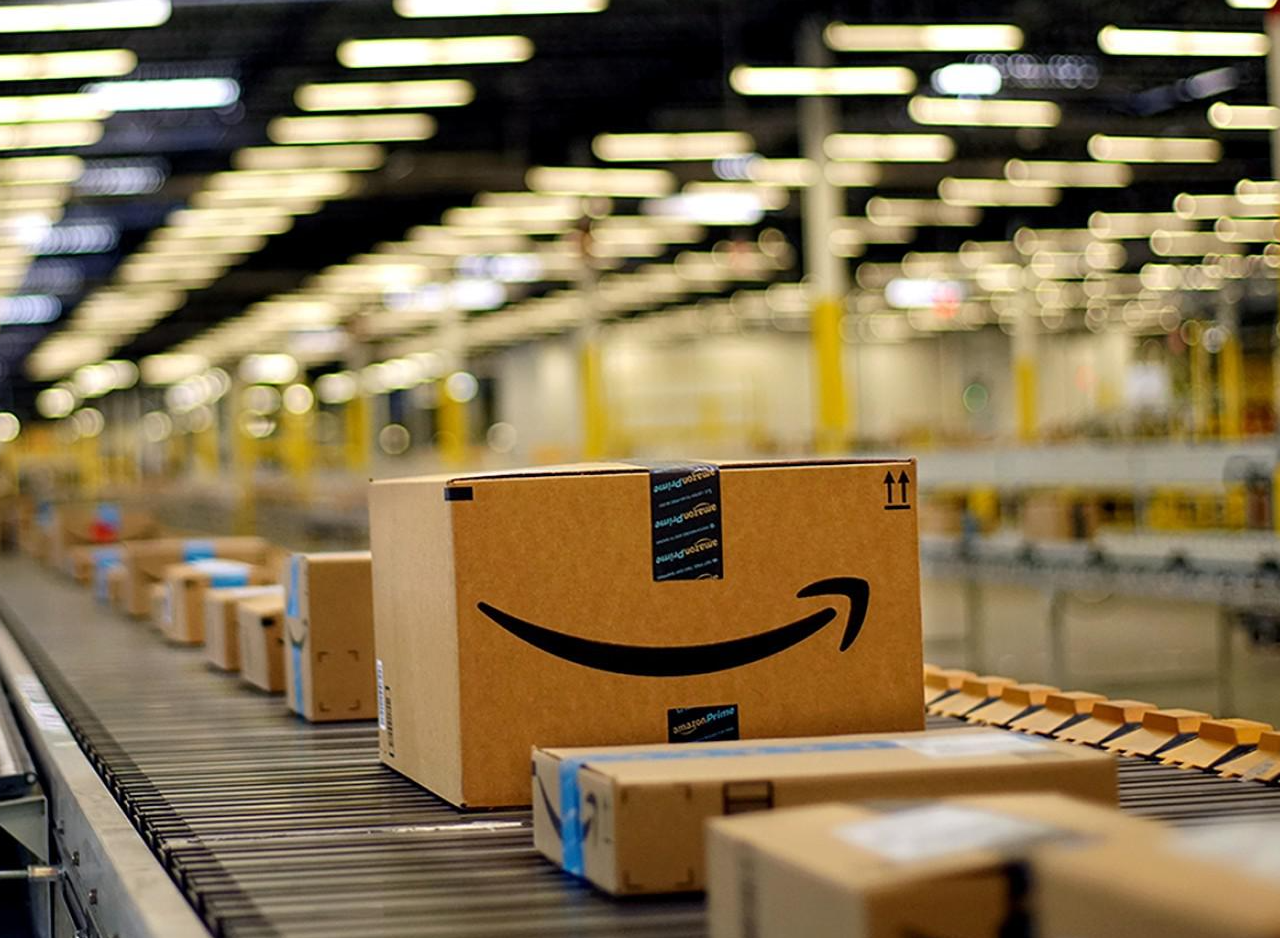FBA LCL Quote
FBA 40HQ FCL Quote
When selecting a supplier for your import needs, choosing between trading companies and factories is a critical decision that can significantly impact your business operations. While factories might offer the advantage of lower prices, trading companies provide a range of benefits that often make them a better choice for many buyers. Below are several reasons why trading companies can be more advantageous than factories.
Enhanced Customer Service
Trading companies excel in customer service, which is a crucial aspect of the sourcing process. Their primary focus is on the customer, ensuring a smoother communication process and attentive service. This customer-centric approach makes it easier to address any issues or customization needs more effectively compared to factories, which are primarily focused on production.
Broader Product Range
One of the primary advantages of trading companies is their capacity to offer a broader range of products. Unlike factories, which typically specialize in specific products, trading companies work with multiple factories, making it possible for them to provide a diverse array of products. This variety is particularly beneficial for buyers looking to source different items in smaller quantities.
Lower Minimum Order Quantities (MOQ)
Trading companies generally offer lower minimum order quantities compared to factories. This can be extremely valuable for small businesses or those needing smaller product batches. Factories usually prioritize large orders, which can lead to longer wait times for smaller orders. Trading companies, on the other hand, can accommodate smaller orders more readily.
Reduced Risk
Working with trading companies can also reduce the risks associated with international trading. These companies are adept at managing the complexities of sourcing from multiple factories, ensuring consistent product quality and reliability. This is crucial in an environment where factories can sometimes go bankrupt or change operations unexpectedly.
Professional Communication
Trading companies often employ staff who are well-versed in international trade, fluent in multiple languages, and experienced in handling international business transactions. This proficiency minimizes the risk of misunderstandings and errors, enhancing the overall communication process. Factories, conversely, may not have staff with the same level of language skills or international business acumen.
Specialized Services
Trading companies frequently offer value-added services that can significantly enhance the purchasing experience. These services can include quality control, consolidation of orders from multiple factories, and assistance with export documentation. By taking on these additional responsibilities, trading companies make the sourcing process more streamlined and efficient for buyers.
Flexibility and Stability
Large trading companies tend to be more flexible and stable than individual factories. They can offer better payment terms and are less likely to be affected by sudden disruptions. This stability is essential in ensuring that buyers receive their products on time and at the agreed-upon quality.
Conclusion
While factories may provide cost advantages, trading companies offer a plethora of benefits that can make them a more effective and reliable option for many buyers. Their focus on customer service, broader product range, lower MOQ, reduced risk, professional communication, specialized services, and overall flexibility and stability make them an invaluable partner in the sourcing process. By choosing to work with a trading company, buyers can streamline their importing processes and enhance their overall business operations.
By considering these factors, businesses can make informed decisions that align with their specific needs and goals, ensuring a smoother and more profitable importing experience.



